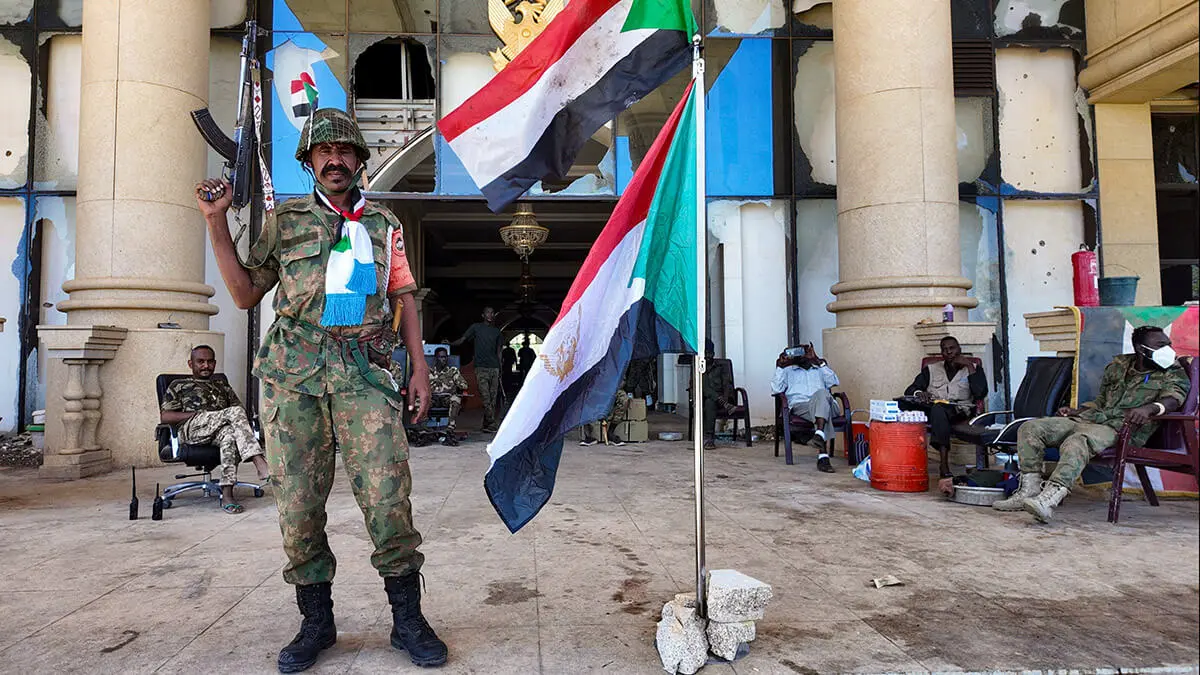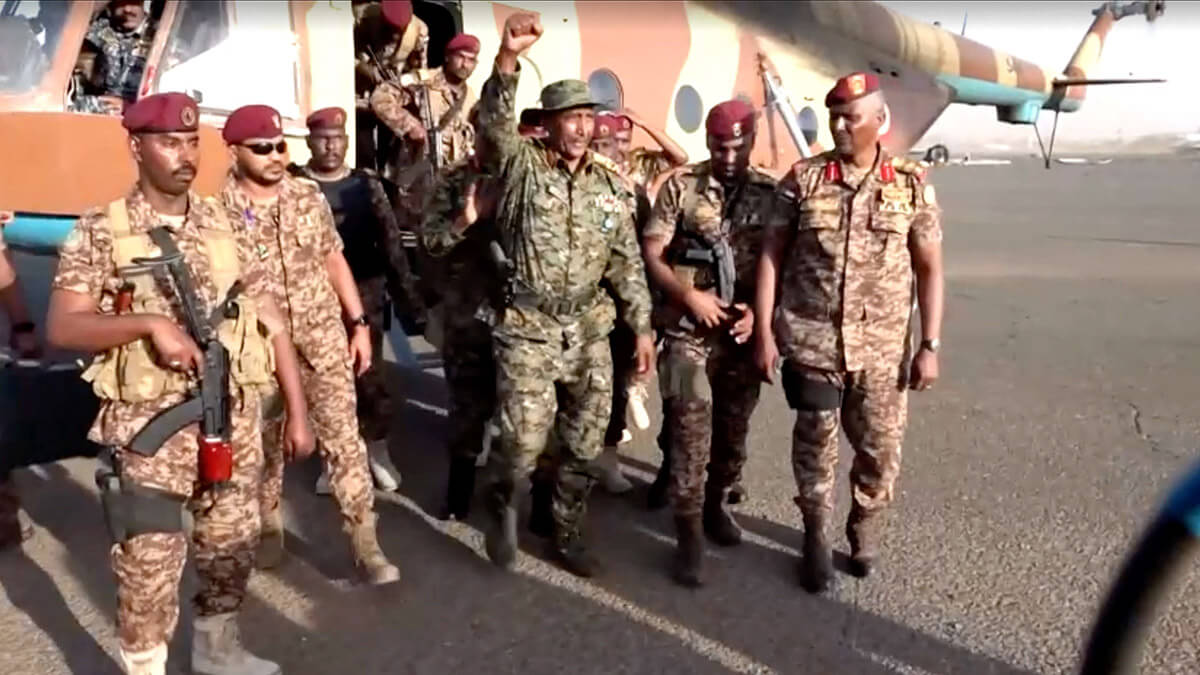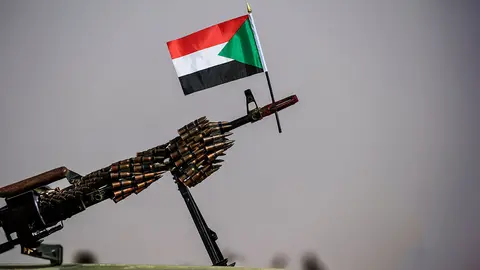The devastation in Sudan continues

The civil war in Sudan has been going on for two years this April.
In April 2023 the current confrontation broke out between the Sudanese Army, led by Abdel Fattah Al-Burhan, and the paramilitaries of the Rapid Support Forces (RSF), led by Mohammed Hamdan Dagalo, alias Hemedti. A confrontation that arose from the dissensions existing within the Sudanese Armed Forces over the direction the African country was taking, after years of political instability and corruption.
Another April, but in 2019, the authoritarian regime of Omar Al-Bashir, who ruled the country for almost 30 years, fell. A dark period for the African country that ended amid accusations of political abuse, violent repression and corruption.
The army itself led the overthrow of Al-Bashir and a supposed period of political transition began, aimed at developing a constitution and democratic elections, under the omnipresent figure of Abdel Fattah Al-Burhan, head of the Sudanese army, who spoke at the time of a civil-military collaboration to favour the establishment of a civil government that would promote a democratic and peaceful system in the African country.

The political transition ended with another coup d'état in 2021, this time against the civilian government led at the time by Prime Minister Abdalla Hamdok. This period gave way to the current military regime led by Al-Burhan, who was brought to power as president of the Sovereign Council of Transition and who continued to promise the development of a democratisation process with the establishment of a constitution and the holding of elections, which has also not come to fruition.
In this scenario, the war that broke out in 2023 has continued. The Sudanese Army had made firm progress in recent weeks with the capture of Khartoum, the Sudanese capital, which was largely in the hands of the Rapid Support Forces. Al-Burhan even took the presidential palace, which was controlled by the RSF, and other important centres. According to a recent official Army communiqué, the clashes allowed the military presence to be consolidated at strategic points in the capital after an offensive that left behind corpses and military equipment abandoned by the enemy faction, considered terrorist by the Armed Forces.

For their part, the Rapid Support Forces referred to a repositioning in order to be able to continue to present battle and from this side they denied defeat or the surrender of the capital to the Sudanese Army.

For their part, the Rapid Support Forces recently took control of the Zamzam camp for displaced persons and laid siege to El Fasher, the capital of North Darfur in western Sudan. The paramilitaries attacked the displaced persons camp, aggravating the humanitarian crisis after two years of war in Sudan. More than 100 civilians died in a massacre attributed to the Rapid Support Forces in North Darfur, while the United Nations (UN) continues to warn of war crimes and a further escalation of the conflict.

According to local sources cited by the newspaper Sudan Akbar, the paramilitary attack caused a mass exodus in an area that is home to some 750,000 people, half of them children. At least a hundred civilians, including nine aid workers, have died as a result of the attacks since 11 April, while the regional government puts the death toll at 350.

The position of another faction must also be assessed, namely that of the extremist Muslim Brotherhood, which, after the fall of the Omar Al-Bashir regime, tried to reposition itself to continue to influence the spheres of power and which has sought to gain positions within the Sudanese army to continue to influence the political and public life of the nation. The Muslim Brotherhood is an organisation classified as terrorist by several countries such as the United States and Egypt.
The UN considers the Sudanese conflict to be one of the worst humanitarian tragedies in the world due to the excessive number of deaths it has caused and the poverty it is spreading throughout the country. In a report published by UNICEF, the United Nations agency that works to promote the rights of children and adolescents, the organisation announced that the war, which has lasted for two years, has destroyed the lives of millions of children, with a ‘1,000 per cent increase in grave violations against children’. Confirmed child deaths and injuries increased from 150 in 2022 to more than 2,700 in 2023 and 2024, while the number of children in need of humanitarian assistance doubled from 7.8 million to more than 15 million, according to United Nations figures. It is also estimated that around 465,000 children are at risk of suffering from severe malnutrition in the coming months.
Furthermore, global figures speak of more than 20,000 deaths and around 14 million refugees and displaced persons since hostilities broke out between the Sudanese Army and the Rapid Support Forces in April 2023.









